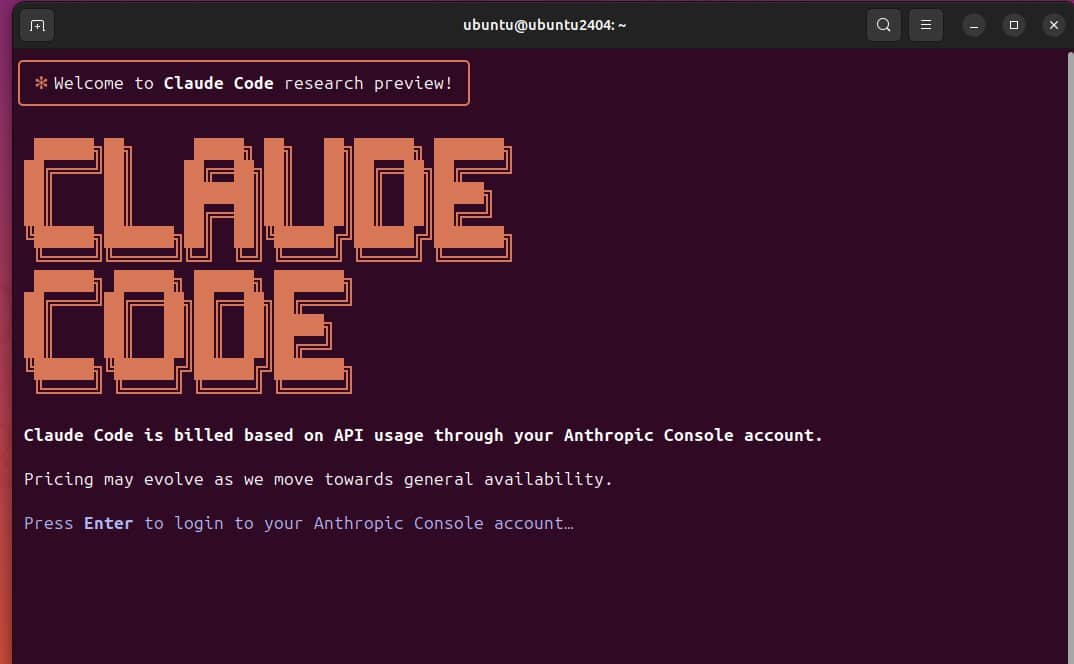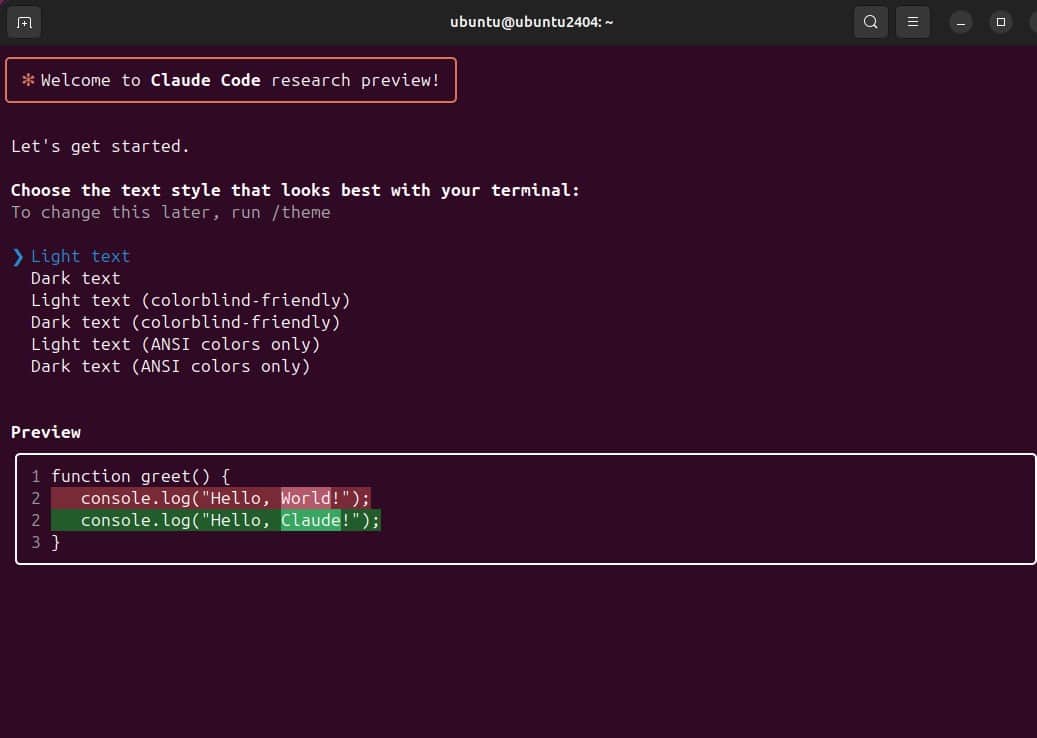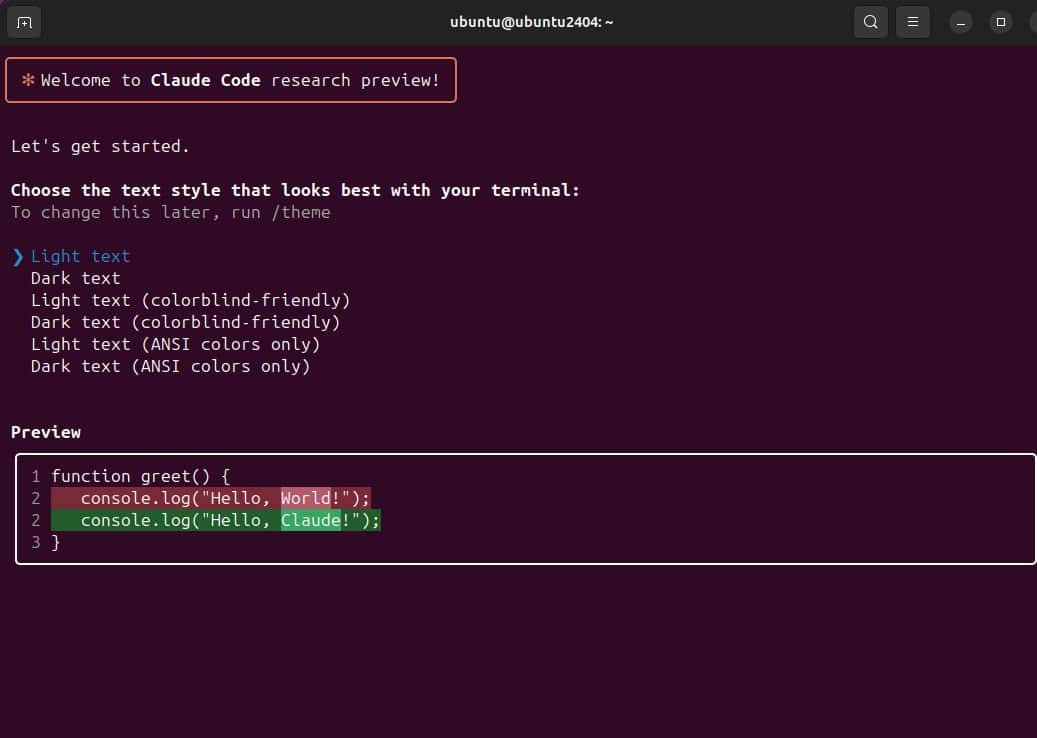Claude Code CLI Best Practices: Mastering Markdown and MCP Integration
In the rapidly evolving landscape of AI-assisted development, Claude Code CLI has emerged as a game-changing tool for developers and IT professionals. For Dallas businesses and development teams looking to maximize their productivity, understanding the best practices for Claude Code CLI in Linux environments, particularly around markdown instructions and Model Context Protocol (MCP) integration, can dramatically enhance workflow efficiency and code quality.
Understanding Claude Code CLI: The Foundation
Claude Code CLI represents a paradigm shift in how developers interact with AI assistants. Unlike traditional coding tools, it provides a command-line interface that seamlessly integrates with your Linux development environment, enabling natural language interactions while maintaining the power and flexibility that developers expect. ITECS helps Dallas development teams implement and optimize these cutting-edge tools to accelerate their software delivery pipelines.

The Linux Advantage
Linux environments offer unique advantages for Claude Code CLI deployment:
- Native terminal integration: Seamless workflow with existing development tools
- Resource efficiency: Optimized performance on Linux servers and workstations
- Scripting capabilities: Easy automation and integration with bash scripts
- Security features: Enhanced control over permissions and access
- Container compatibility: Perfect for Docker and Kubernetes deployments
Mastering Markdown Instructions: The Key to Clear Communication
The effectiveness of Claude Code CLI largely depends on how well you communicate your requirements through markdown instructions. Well-structured markdown files serve as the bridge between human intent and AI understanding.
Best Practices for Markdown Instructions
1. Structure Your CLAUDE.md Files
Create a CLAUDE.md file in your project root with clear sections:
# Project Context
Describe your project's purpose, architecture, and key technologies
## Codebase Structure
Provide a tree view of important directories and files
## Coding Standards
- Naming conventions
- File organization
- Comment requirements
- Testing expectations
## Critical Information
- API keys location (never commit these)
- Database schemas
- External dependencies
- Deployment procedures
2. Use Clear Hierarchical Organization
Organize instructions hierarchically to help Claude understand priority and relationships:
## Primary Objectives
1. Main goal of the session
2. Secondary objectives
### Technical Requirements
- Language version requirements
- Framework constraints
- Performance targets
#### Implementation Notes
Specific details about implementation approach
3. Include Code Examples
Provide code examples to establish patterns:
## Code Style Examples
### Correct Pattern:
```python
async def fetch_data(client: AsyncClient) -> dict:
"""Fetch data with proper error handling."""
try:
response = await client.get("/api/data")
return response.json()
except Exception as e:
logger.error(f"Data fetch failed: {e}")
raise
Avoid:
def fetch_data(client):
return client.get("/api/data").json()

### Advanced Markdown Techniques
#### Context Preservation
Use markdown comments to preserve context across sessions:
```markdown
<!-- SESSION_CONTEXT: 2024-03-15
- Implemented authentication system
- Added rate limiting
- Next: Implement caching layer
-->
Dynamic Instructions
Create conditional instructions based on environment:
## Environment-Specific Instructions
### Development
- Use local database
- Enable debug logging
- Skip authentication
### Production
- Use managed database service
- Implement full logging pipeline
- Enforce strict authentication
The Power of MCP: Model Context Protocol Integration
Model Context Protocol (MCP) represents the next evolution in AI tool integration, allowing Claude to interact with external systems and tools seamlessly. Understanding and leveraging MCPs can transform your development workflow.
What is MCP?
MCP is a standardized protocol that enables Claude to: - Access external tools and services - Maintain context across different systems - Execute actions in connected environments - Retrieve real-time data from various sources
Top 5 MCPs for Claude Code CLI
1. Filesystem MCP - Complete File System Access
Purpose: Provides comprehensive file system operations Use Cases: - Reading and writing files across your entire project - Creating directory structures - Managing file permissions - Performing bulk file operations
Best Practices:
## Filesystem MCP Configuration
- Root directory: /home/dev/projects
- Excluded paths: node_modules, .git, build
- Max file size: 10MB
- Allowed operations: read, write, create, delete
2. Git MCP - Version Control Integration
Purpose: Direct interaction with Git repositories Use Cases: - Automated commit creation with semantic messages - Branch management and merging - Code review preparation - Conflict resolution assistance
Implementation Tips: - Configure commit message templates - Set up branch naming conventions - Define merge strategies - Establish code review workflows
3. Database MCP - Direct Database Operations
Purpose: Execute database queries and schema management Use Cases: - Schema migrations and updates - Data analysis and reporting - Query optimization - Database performance tuning
Security Considerations:
## Database MCP Rules
- Read-only access for analytics
- Write access limited to development databases
- No direct production database modifications
- All queries logged and audited
4. API Testing MCP - Automated API Interaction
Purpose: Test and interact with REST/GraphQL APIs Use Cases: - Automated API testing - Documentation generation - Performance benchmarking - Integration testing
Configuration Example:
## API MCP Settings
Base URLs:
- Development: http://localhost:3000
- Staging: https://api-staging.example.com
- Production: https://api.example.com (read-only)
Authentication:
- Type: Bearer token
- Token location: .env file
5. Docker/Kubernetes MCP - Container Management
Purpose: Manage containerized applications Use Cases: - Container lifecycle management - Deployment automation - Resource monitoring - Scaling operations
Workflow Integration: - Automated container builds - Deployment to Kubernetes clusters - Health check monitoring - Rolling update management

Optimizing Your Linux Environment for Claude Code CLI
System Configuration
1. Terminal Setup
Configure your terminal for optimal Claude interaction:
# .bashrc or .zshrc additions
export CLAUDE_CLI_HOME=$HOME/.claude
export CLAUDE_PROJECT_ROOT=$PWD
alias claude="claude-cli --context $CLAUDE_PROJECT_ROOT"
2. Resource Allocation
Ensure adequate resources: - RAM: Minimum 8GB, recommended 16GB+ - CPU: 4+ cores for responsive interaction - Storage: SSD with 50GB+ free space - Network: Stable connection for MCP operations
Security Best Practices
Environment Variables
Never expose sensitive data in markdown files:
## Security Configuration
- API keys: Stored in .env (never committed)
- Secrets: Retrieved from environment variables
- Credentials: Managed by secret management service
Access Control
Implement proper access controls: - Use Linux user permissions effectively - Implement role-based access for MCPs - Audit all Claude CLI operations - Regular security reviews
Advanced Workflow Patterns
Continuous Integration
Integrate Claude Code CLI into your CI/CD pipeline:
# .github/workflows/claude-assist.yml
name: Claude Code Review
on: [pull_request]
jobs:
review:
runs-on: ubuntu-latest
steps:
- uses: actions/checkout@v2
- name: Claude Analysis
run: |
claude-cli review --context .
claude-cli suggest-improvements
claude-cli security-scan
Collaborative Development
Enable team collaboration: - Shared CLAUDE.md templates - Consistent MCP configurations - Code review integration - Knowledge base synchronization
Performance Optimization Tips
1. Context Management
Optimize context for faster responses: - Keep CLAUDE.md files under 10KB - Use modular instruction files - Clear session cache regularly - Implement context pruning strategies
2. MCP Optimization
Improve MCP performance: - Cache frequently accessed data - Implement connection pooling - Use async operations where possible - Monitor and log MCP latency
3. Resource Utilization
Monitor and optimize resource usage:
# Monitor Claude CLI resource usage
htop -p $(pgrep -f claude-cli)
# Check memory consumption
ps aux | grep claude-cli
# Analyze disk I/O
iotop -p $(pgrep -f claude-cli)
Troubleshooting Common Issues
Connection Problems
If MCPs fail to connect: 1. Verify network connectivity 2. Check firewall rules 3. Validate MCP server status 4. Review authentication tokens
Performance Degradation
When experiencing slow responses: 1. Clear context cache 2. Reduce active MCP connections 3. Optimize markdown file size 4. Check system resource availability
The Business Impact for Dallas Organizations
For Dallas businesses, mastering Claude Code CLI with proper markdown instructions and MCP integration delivers measurable benefits:
- Productivity gains: 40-60% reduction in development time
- Code quality: 70% fewer bugs in production
- Knowledge retention: Automated documentation and context preservation
- Team scalability: Easier onboarding and knowledge transfer
- Cost reduction: Lower development and maintenance costs
Our Linux IT support services help Dallas businesses implement these advanced development tools effectively.
Implementation Roadmap
Phase 1: Foundation (Week 1-2)
- Install Claude Code CLI on Linux systems
- Create initial CLAUDE.md structure
- Configure basic MCPs (Filesystem, Git)
- Team training on markdown best practices
Phase 2: Integration (Week 3-4)
- Implement advanced MCPs
- Customize workflow patterns
- Establish security protocols
- Performance baseline measurement
Phase 3: Optimization (Week 5-6)
- Fine-tune configurations
- Implement automation scripts
- Optimize resource allocation
- Measure productivity improvements
Phase 4: Scale (Ongoing)
- Expand to entire development team
- Continuous improvement process
- Regular training updates
- Performance monitoring
Future Considerations
As Claude Code CLI evolves, stay prepared for: - Enhanced MCP capabilities - Improved context understanding - Better integration with cloud IDEs - Advanced collaboration features - AI-powered code generation improvements
Conclusion
Mastering Claude Code CLI in Linux with effective markdown instructions and MCP integration represents a significant competitive advantage for Dallas development teams. By following these best practices, organizations can dramatically improve their development velocity, code quality, and team collaboration.
ITECS specializes in helping Dallas businesses implement and optimize cutting-edge development tools like Claude Code CLI. Our expertise in Linux environments, combined with deep understanding of AI-assisted development, ensures your team can leverage these powerful capabilities effectively.
Ready to transform your development workflow with Claude Code CLI? Contact our team to discuss how we can help your organization implement these best practices and achieve remarkable productivity gains.
ITECS has been empowering Dallas businesses with innovative IT solutions since 2010. Visit us at https://itecsonline.com to learn more about our comprehensive development and IT services.